All Stories
-
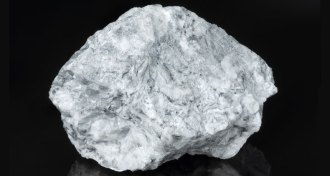 Earth
EarthScientists create a mineral in the lab that captures carbon dioxide
Magnesite takes a long time to form in nature. Now, a team has found a way to speed up the making of the mineral, which can store carbon dioxide.
-
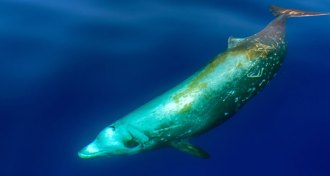 Oceans
OceansBeaked whales may frequent a seabed spot marked for mining
Grooves in the seafloor may signal that whales visit a region that is a prime target for future seabed mining.
-
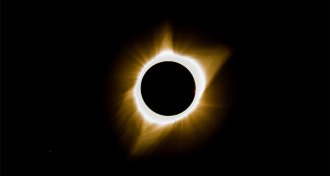 Astronomy
AstronomyFive things we learned from last year’s Great American Eclipse
A year after the total solar eclipse of 2017, scientists are still pondering the mysteries of the sun.
-
 Anthropology
AnthropologyA fossil mistaken for a bat may shake up lemurs’ evolutionary history
On Madagascar, a type of lemur called aye-ayes may have a singular evolutionary history.
By Bruce Bower -
 Health & Medicine
Health & MedicineThere’s a new cervical cancer screening option
Women now have another choice for cervical cancer screening: getting an HPV test alone every five years.
-
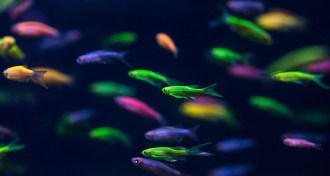 Genetics
GeneticsAmericans support genetically engineering animals for people’s health
Genetically engineering animals is OK with Americans if it improves human health, a new poll reveals.
-
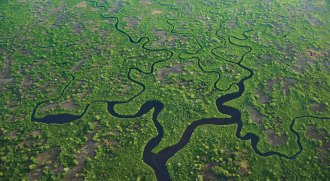 Ecosystems
EcosystemsA freshwater, saltwater tug-of-war is eating away at the Everglades
Saltwater is winning in the Everglades as sea levels rise and years of redirecting freshwater flow to support agriculture and population growth
-
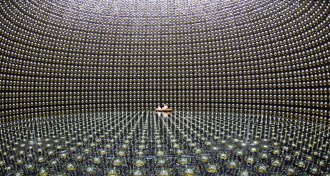 Particle Physics
Particle PhysicsGhostly antineutrinos could help ferret out nuclear tests
Antineutrino detectors could one day help reveal stealthy nuclear blasts.
-
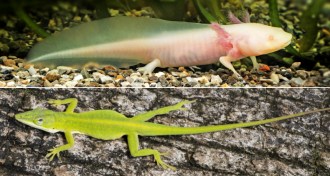 Life
LifeHow salamanders can regrow nearly complete tails but lizards can’t
Differences in stem cells in the spinal cord explain the amphibians’ ability.
-
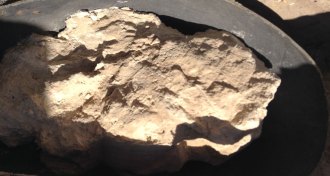 Science & Society
Science & SocietyCheese found in an Egyptian tomb is at least 3,200 years old
Solid cheese preserved in an ancient Egyptian tomb may be the world’s oldest.
-
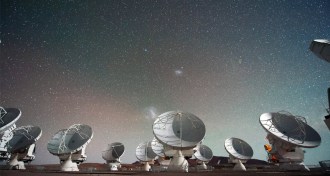 Astronomy
AstronomyA galaxy 11.3 billion light-years away appears filled with dark matter
The “Cosmic Seagull,” a distant galaxy magnified by a gravitational lens, seems chock-full of dark matter, in contrast with other galaxies almost as far away.
-
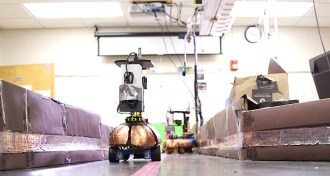 Tech
TechHere’s what robots could learn from fire ants
Fire ants’ secret to success is prioritizing efficiency over fairness. Robot teams could use that strategy to work more efficiently in tight, crowded quarters.